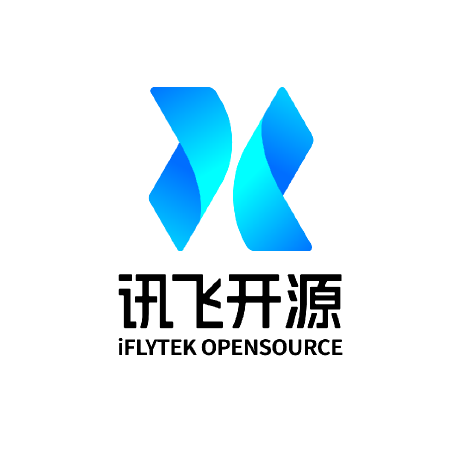
ifly-spark-agent-mcp
This is a simple example of using MCP Server to invoke the task chain of the iFlytek SparkAgent Platform.
what is ifly-spark-agent-mcp?
ifly-spark-agent-mcp is a simple example project that demonstrates how to use the MCP Server to invoke the task chain of the iFlytek SparkAgent Platform.
how to use ifly-spark-agent-mcp?
To use this project, clone the repository from GitHub and follow the instructions in the README to set up the MCP Server and invoke the task chain.
key features of ifly-spark-agent-mcp?
- Demonstrates the integration with the iFlytek SparkAgent Platform
- Provides a simple example of task chain invocation
- Open-source project under MIT license
use cases of ifly-spark-agent-mcp?
- Integrating AI capabilities into applications using the iFlytek SparkAgent.
- Automating tasks through the MCP Server.
- Learning how to work with task chains in the iFlytek ecosystem.
FAQ from ifly-spark-agent-mcp?
- What is the MCP Server?
The MCP Server is a platform that allows for the invocation of task chains in the iFlytek SparkAgent environment.
- Is this project free to use?
Yes! This project is open-source and available under the MIT license.
- Where can I find more information?
You can find more information and documentation on the project's GitHub page: https://github.com/iflytek/ifly-spark-agent-mcp.
ifly-spark-agent-mcp
This is a simple example of using MCP Server to invoke the task chain of the iFlytek SparkAgent Platform.
Usage
Local debugging
Start the server using either stdio (default) or SSE transport:
# Using stdio transport (default)
uv run ifly-spark-agent-mcp
# Using SSE transport on custom port
uv run ifly-spark-agent-mcp --transport sse --port 8000
By default, the server exposes a tool named "upload_file" that accepts one required argument:
file: The path of the uploaded file
MCP Client Example
Using the MCP client, you can use the tool like this using the STDIO transport:
import asyncio
from mcp.client.session import ClientSession
from mcp.client.stdio import StdioServerParameters, stdio_client
async def main():
async with stdio_client(
StdioServerParameters(command="uv", args=["run", "ifly-spark-agent-mcp"])
) as (read, write):
async with ClientSession(read, write) as session:
await session.initialize()
# List available tools
tools = await session.list_tools()
print(tools)
# Call the upload_file tool
result = await session.call_tool("upload_file", {"file": "/path/to/file"})
print(result)
asyncio.run(main())
Usage with MCP client
Use on Claude
To add a persistent client, add the following to your claude_desktop_config.json or mcp.json file:
1. Use uv
{
"mcpServers": {
"ifly-spark-agent-mcp": {
"command": "uv",
"args": [
"--directory",
"/path/to/ifly-spark-agent-mcp",
"run",
"ifly-spark-agent-mcp"
],
"env": {
"IFLY_SPARK_AGENT_BASE_URL": "xxxx",
"IFLY_SPARK_AGENT_APP_ID": "xxxx",
"IFLY_SPARK_AGENT_APP_SECRET": "xxxx"
}
}
}
}
2. Use uvx with github repository
{
"mcpServers": {
"ifly-spark-agent-mcp": {
"command": "uvx",
"args": [
"--from",
"git+https://github.com/iflytek/ifly-spark-agent-mcp",
"ifly-spark-agent-mcp"
],
"env": {
"IFLY_SPARK_AGENT_BASE_URL": "xxxx",
"IFLY_SPARK_AGENT_APP_ID": "xxxx",
"IFLY_SPARK_AGENT_APP_SECRET": "xxxx"
}
}
}
}